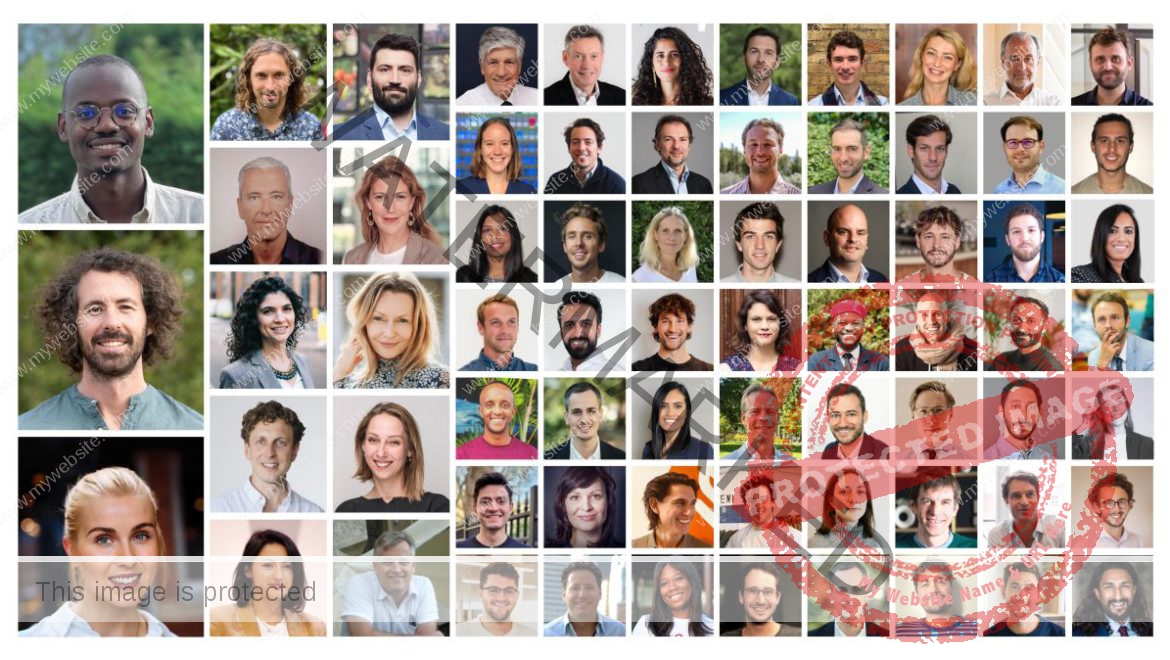Windfall Bio is seeing strong demand for its methane-eating microbe startup | TechCrunch
When Josh Silverman started shopping around the idea for his methane-eating microbe startup, Windfall Bio, eight years ago, the market just wasn’t ready. Nobody cared about methane, he said. Companies were instead focused on lowering their carbon emissions. But a few years later, the market is starting to come around.
Menlo Park–based Windfall Bio raised a $28 million Series A round to expand its commercialization efforts. The round was led by Prelude Ventures with participation from Amazon’s Climate Pledge Fund, Incite Ventures and Positive Ventures, among others, as well as existing investors, including Mayfield.
Windfall works with industries that produce large levels of methane, such as agriculture, oil and gas, and landfills. The startup supplies methane-eating microbes that absorb methane emissions, turning them into fertilizer. Companies can either utilize the fertilizer themselves, if they are in the agriculture sector, or they can sell it as a revenue stream.
“We think there is a big opportunity to leverage this natural ecosystem that gives us a low-cost solution without needing massive investments in capital like we are seeing for these other carbon capture technologies,” Silverman said.
While it took a couple of years to really get investors and companies on board, Silverman said that since the Windfall raised its seed round last year and emerged from stealth in March 2023, demand has been high.
“We have had a massive influx from all continents and all verticals; huge amounts of excitement,” Silverman said. “It’s profitable for everybody regardless of the industry. Everyone wants to reduce their carbon footprint, and they want to do it in a way where they make money and there aren’t many solutions.”
Silverman says that carbon capture was the only focus for so long because once carbon is in the atmosphere, it lasts forever, compared to methane’s 10- to 12-year lifespan. A few decades ago, when people thought about climate change, they were looking for more long-term solutions. But now that the impacts of climate change are both more clear and worsening, people are waking up to the need for both short-term and long-term solutions.
“We have literally missed every single climate target we have put in place,” Silverman said. Not a single G20 country has the policies needed in place for it to reach the Paris Agreement’s emission-reduction targets, for example. “If all you are doing is looking out in the future and not doing the day to day, you miss those targets and miss what is right in front of you. We need to manage the short-term climate factors, or we won’t be around to deal with the long-term.”
The lack of attention to methane is also surprising because methane actually can create a better ROI for companies than their carbon-reduction efforts.
Carbon is waste, which means that when companies capture it, they do so largely just to get rid of it, as opposed to turning it into something else. In comparison, methane is energy, which means it can be captured and repurposed much easier than carbon. Essentially, companies can reduce carbon for potential cost savings down the road, or a super legit carbon credit, while focusing on methane can actually make them money if they work with a company like Windfall.
This deal also stood out to me because Windfall lies within a growing category of startups focused on mitigating the climate issues of today and not just the ones down the road. While it is good for companies to be focused on mitigating the long-term impacts of climate change or trying to prevent future climate-induced events, we need solutions now.
It reminded me of Convective Capital, a venture fund I’ve written about before that’s dedicated to wildfire tech. It’s not dedicated to the tech that helps prevent them but rather tech that helps society adapt to the impact of increased wildfires now. Firm founder Bill Clerico told TechCrunch in 2022 that while it’s great to build long-term solutions, those mean nothing if your home is in danger from wildfires this summer.
Silverman said the market is still in the early innings of coming around to the potential benefits of investing in methane-reduction technology. But progress is good, and though he might be biased, Silverman is happy to see funding heading to a climate company that isn’t another carbon credit startup. I agree with him there.
“It was a long road getting here, lots of years of zero traction,” Silverman said. “Now that the traction is there and there aren’t very many people working in this area, there aren’t that many competitors. We are the best of the very few options. As I’ve said, ‘in my land of the blind, the one-eyed man is king.’”













